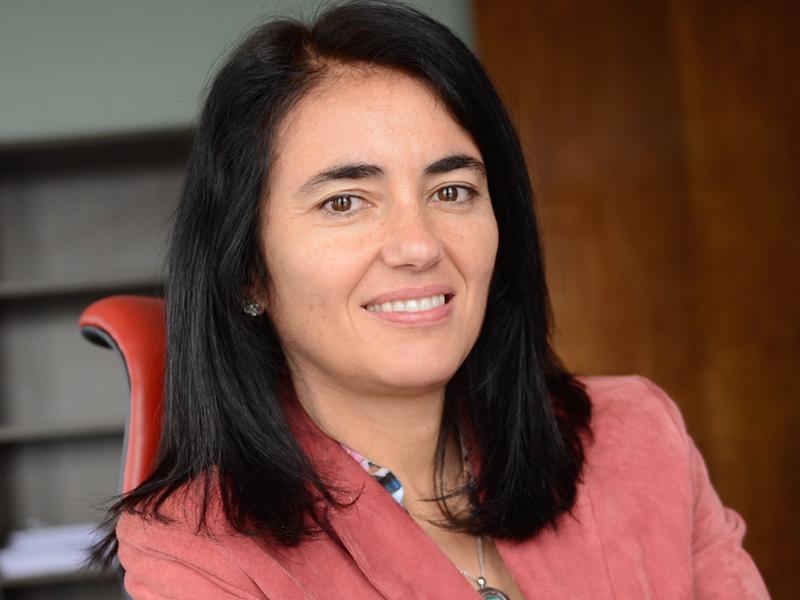Tulane Partners with Every Woman Every Child and University of Santiago de Chile to Study COVID-19 in Latin America

Photo of Dr. Arachu Castro, the Samuel Z. Stone Chair of Public Health in Latin America and Director of the Collaborative Group for Health Equity in Latin America at Tulane School of Public Health and Tropical Medicine, is helping lead the launch of this project.
The Collaborative Group for Health Equity in Latin America (CHELA) of Tulane University in partnership with Every Woman Every Child and the recently established Public Health Center Program of the University of Santiago de Chile is launching the ISLAC Project, a Latin American and Caribbean-wide study to gather information on the impact of the COVID-19 pandemic on health services for women, children, and adolescents across the region.
Brazil reported the first imported case in Latin America and the Caribbean (LAC) on 26 February 2020. Since then, the virus has spread to 54 countries and territories in the hemisphere, with factors such as urban poverty and deep-rooted inequities driving the transmission. The pandemic is wreaking havoc across LAC, with Central and South America now considered ‘the intense zones’ for COVID-19 transmission, according to top World Health Organization officials. Moreover, the Americas offer a mixed picture of COVID-19 responses on a national level, with many struggling to control its spread.
The ISLAC project will consist of real-time operational quantitative and qualitative research on the COVID-19 pandemic in 25 Latin American and the Caribbean countries (Argentina, Belize, Brazil, Bolivia, Chile, Colombia, Costa Rica, Cuba, Dominican Republic, Ecuador, El Salvador, Guatemala, Guyana, Haiti, Honduras, Jamaica, Mexico, Nicaragua, Panama, Paraguay, Peru, Suriname, Trinidad and Tobago, Uruguay, and Venezuela). It will focus specifically on issues of maternal, childhood, and adolescent health to inform public policies and the allocation of resources.
Vivian Lopez, Executive Coordinator of Every Woman Every Child said, “The study aims to assess how the pandemic has affected health services that are essential to the reduction of under 5 morbidity and mortality. The social measures the pandemic has required – isolation, quarantine, social distancing – have already had an enormous impact on the provision of health services including antenatal care, access to nutritional supplements, and vaccinations, among others.”
The timeliness of this work and speed with which it aims to be conducted is critical as noted by Claudio Castillo, professor at the University of Santiago, Chile, who shared her concerns, “In the context of this pandemic, the decisions taken by governments have short, medium and long-term effects on pregnant women, children, adolescents and women on reproductive age; hence the need to have better information to highlight the need for considering these groups and their needs in the policy responses to COVID-19.”
Dr. Arachu Castro, professor at Tulane University, echoed his sentiments, “The disruption caused by the pandemic has a more significant impact on the populations that were already underserved by public health services. We need to quickly understand the situation on the ground to strengthen the public responses to the crisis and redress any potential effect on widening health inequities.”
